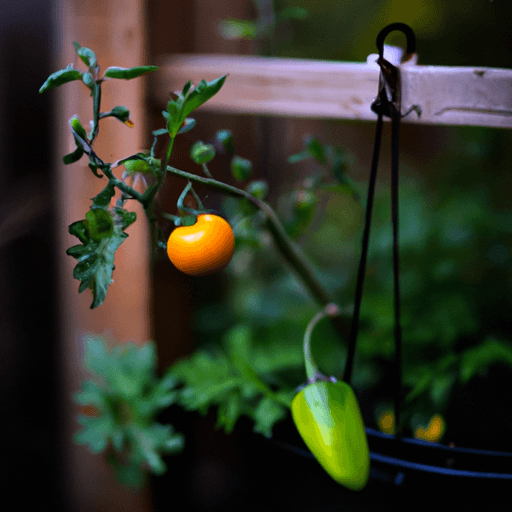Organic vs. Non-Organic Gardening: Pros and Cons
Gardening is a wonderful way to bring beauty to your outdoor space and to enjoy the fruits of your labor. But when it comes to deciding between organic and non-organic gardening, it can be difficult to know where to start. In this article, we'll take a look at the pros and cons of organic and non-organic gardening, so you can make the best decision for your garden.
Environmental Benefits
Organic gardening is the practice of using natural products such as compost and mulch to create healthy soil for your plants. This type of gardening does not involve the use of synthetic fertilizers or pesticides, which can harm the environment. Additionally, organic gardening helps to conserve water, as it requires less water than non-organic methods. Organic gardening also helps build and maintain healthy ecosystems in the garden, as it encourages beneficial insects and wildlife.
Non-organic gardening is the practice of using synthetic fertilizers and pesticides to enhance the growth of plants. While these products can be effective in boosting plant growth, they can also have a negative effect on the environment. Synthetic pesticides and fertilizers can pollute the soil and water, and can harm wildlife and other organisms. Additionally, non-organic gardening can require more water than organic gardening, as it does not take advantage of natural water conservation methods.
Cost of Materials
Organic gardening often involves buying organic materials such as compost, mulch and organic fertilizers. Depending on the materials used, organic gardening can be more expensive than non-organic methods. However, many of these materials can be reused or recycled, which can reduce the overall cost of organic gardening.
Non-organic gardening materials include synthetic fertilizers and pesticides, which can be less expensive than organic materials. Additionally, these materials can often be found in larger quantities, making them more cost-effective for larger gardens. However, the cost of synthetic materials can add up quickly, and the cost of disposing of these materials can also be high.
Labor
Organic gardening can require more labor than non-organic methods, as it involves regularly adding organic materials to the soil and monitoring the health of the garden. Additionally, organic gardening often involves hand-weeding, which can be time-consuming. However, many people find the labor associated with organic gardening to be enjoyable and rewarding.
Non-organic gardening often requires less labor, as it does not involve adding organic materials to the soil or hand-weeding. However, it can still require a significant amount of time and effort to ensure that the synthetic fertilizers and pesticides are being used properly. Additionally, non-organic gardening can require more frequent applications of synthetic materials, which can add to the cost.
Conclusion
Deciding between organic and non-organic gardening can be difficult, as both methods have their own pros and cons. Consider the environmental benefits of each method, the cost of materials and the amount of labor involved in each style of gardening. Ultimately, the decision of which type of gardening is right for you will depend on your individual needs and preferences.



















Comments
Leave a Comment